The question also does come up, you know, is there anything really new here, with these new technologies? Disinformation is as old as information. Manipulated media is as old as media. Is there something particularly harmful about this new information environment and these new technologies, these hyperrealistic false depictions, that we need to be especially worried about?
Berkman Klein Center for Internet & Society (Page 2 of 6)
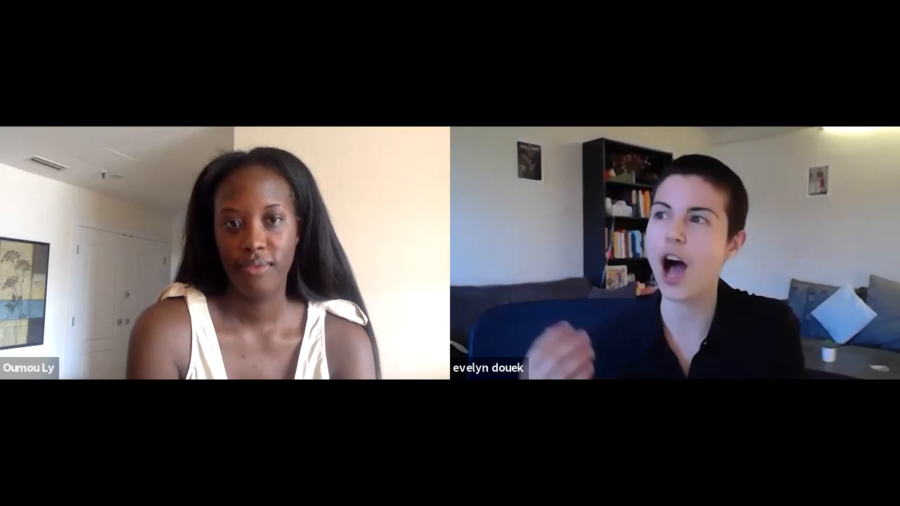
The Breakdown: evelyn douek on Doctored Media, Platform Response and Responsibility
presented by evelyn douek, Oumou Ly
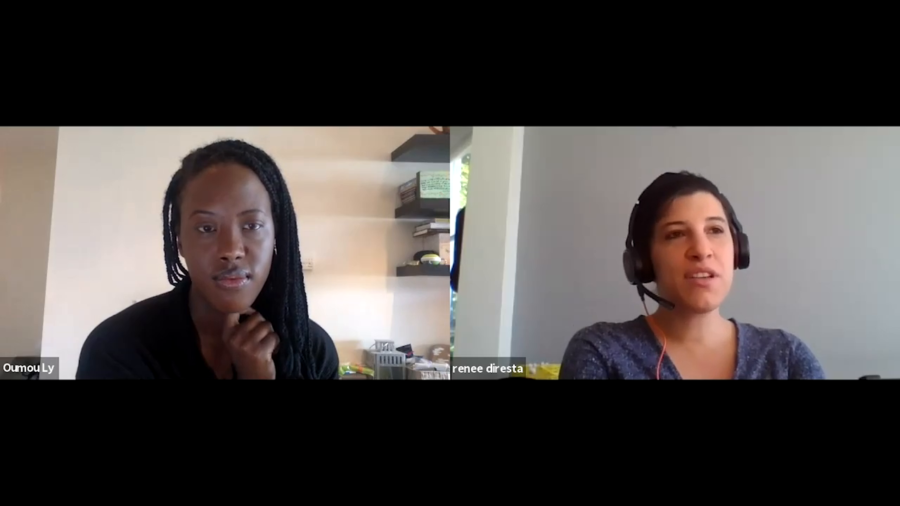
The Breakdown: Renée DiResta on Misinformation and COVID-19
presented by Oumou Ly, Renée DiResta
It’s been really interesting to see the entire world pay attention to one topic. This is something somewhat unprecedented. We have had outbreaks in the era of social media misinformation before. Zika in 2015, Ebola 2018, right. So there have been a range of moments in which diseases have captivated public attention. But usually they tend to stay at least somewhat geographically confined in terms of attention.
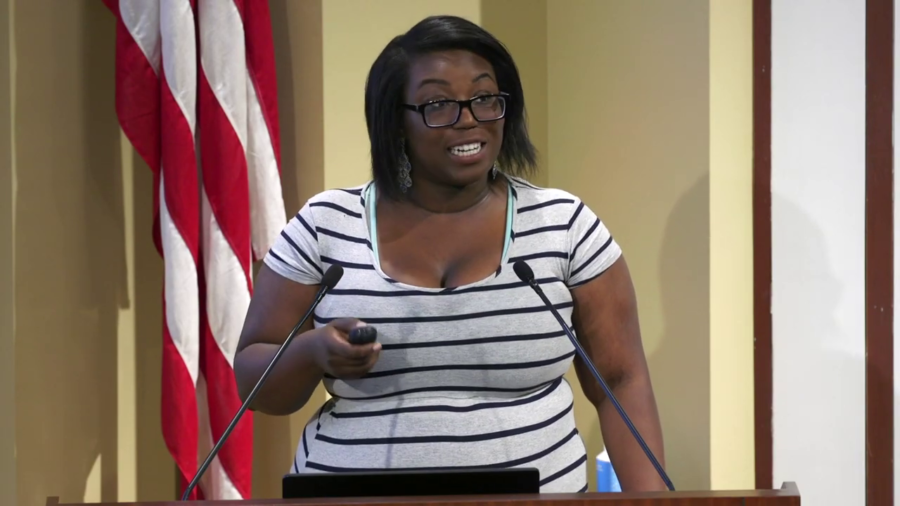
Watch Your Words
presented by Bernease Herman, Erich Ludwig, Joseph Williams, Walt Frick
The premise of our project is really that we are surrounded by machines that are reading what we write, and judging us based on whatever they think we’re saying.
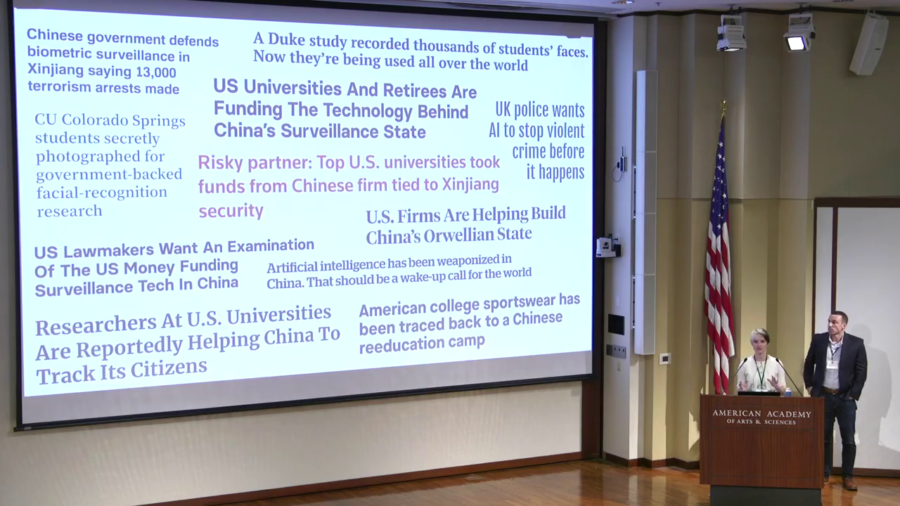
Surveillance State of the Union
presented by B Cavello, Carl Governale
We wanted to look at how surveillance, how these algorithmic decisionmaking systems and surveillance systems feed into this kind of targeting decisionmaking. And in particular what we’re going to talk about today is the role of the AI research community. How that research ends up in the real world being used with real-world consequences.
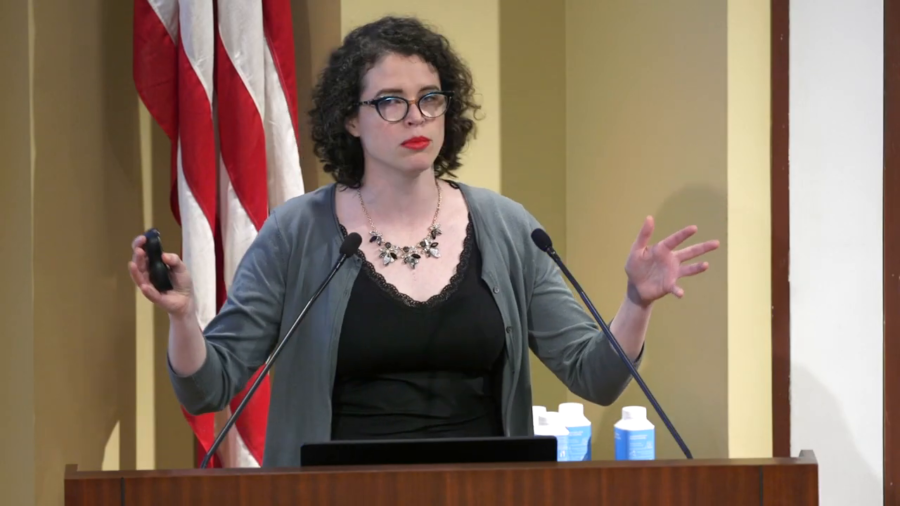
Kaleidoscope: Positionality-aware Machine Learning
presented by Elizabeth Dubois
Positionality is the specific position or perspective that an individual takes given their past experiences, their knowledge; their worldview is shaped by positionality. It’s a unique but partial view of the world. And when we’re designing machines we’re embedding positionality into those machines with all of the choices we’re making about what counts and what doesn’t count.
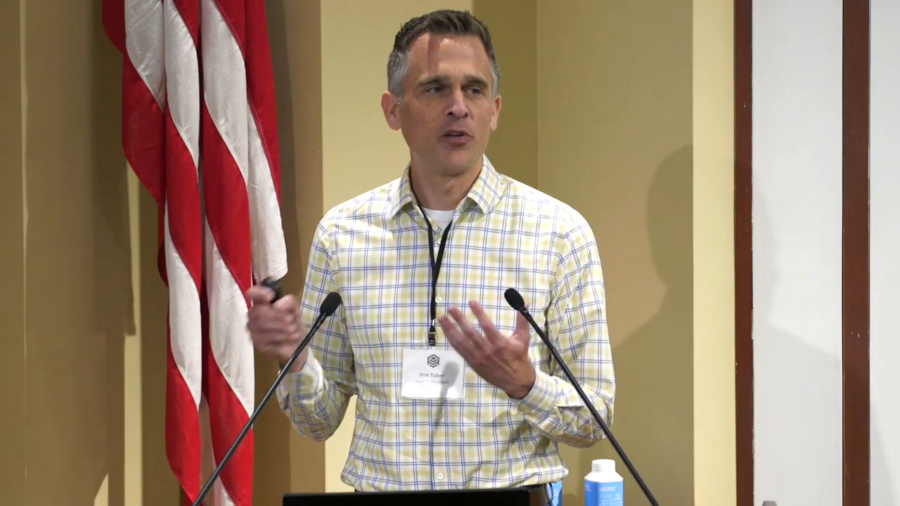
AI Blindspot
presented by Dan Taber
AI Blindspot is a discovery process for spotting unconscious biases and structural inequalities in AI systems.
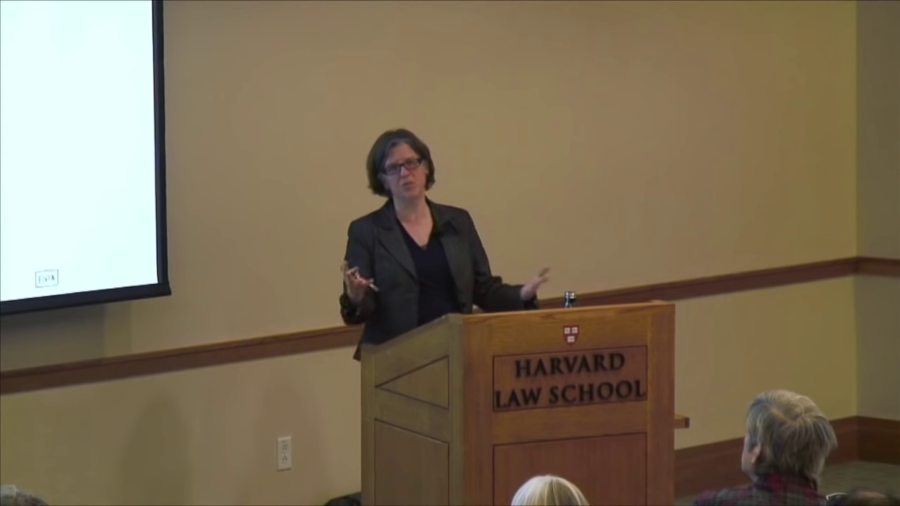
Automating Inequality
How High-Tech Tools Profile, Police, and Punish the Poor
presented by Virginia Eubanks
I start the story in 1819 rather than 1980. And that allows me to do some very specific work, which is to talk about what I think of as the deep social programming of the tools that we’re now using in public services across the United States.
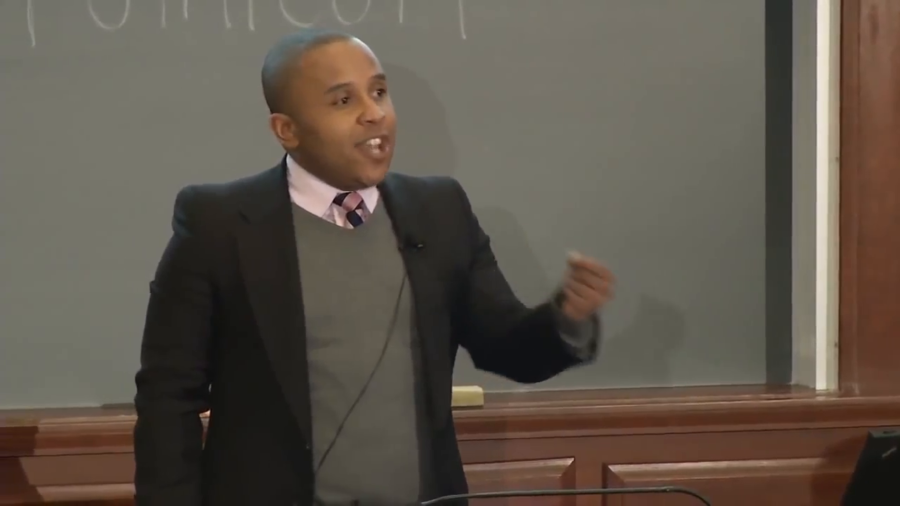
Rashad Robinson on Interventions for Institutions
presented by Rashad Robinson
I want to inject a little culture into this conversation. And as we talk about the reasons that we make interventions in this work, the reason why we advocate for truth in the media, and the reason why organizations like mine do that work is for our community, for the folks that we represent.
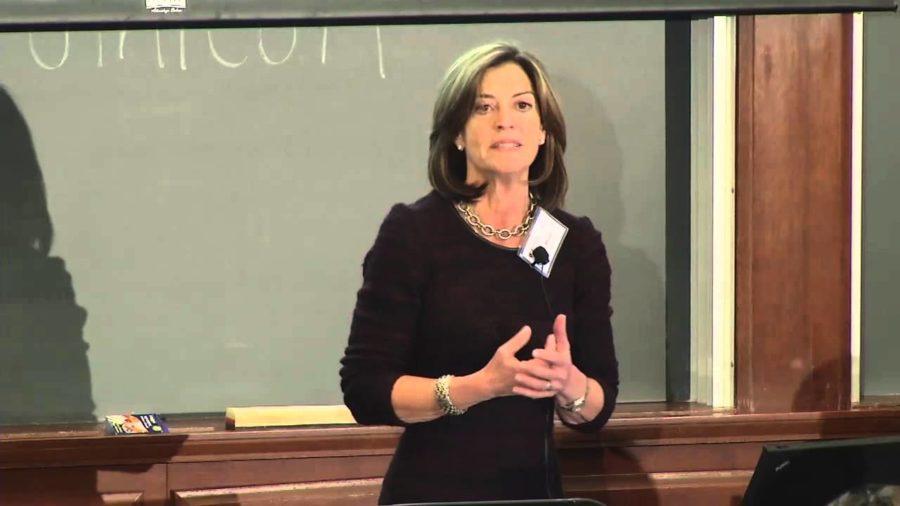
Ellen Miller on Interventions for Institutions
presented by Ellen Miller
I’ve long had this fantasy in my entire career, which has mostly been in the field a money and politics, to be able to find one place where you could enter a search term like this one, “General Electric,” and see everything you could find out about a company, a corporate profile—what they do in Washington, what they do at the state level.
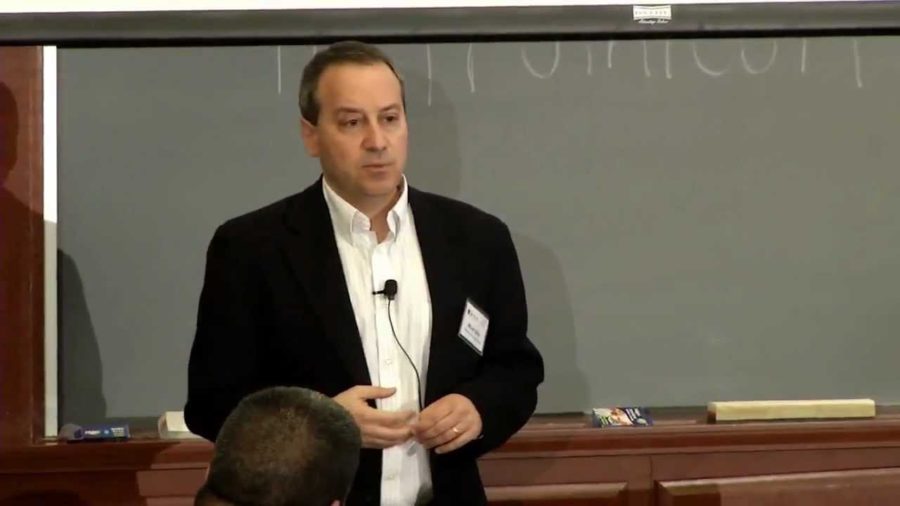
Micah Sifry on Combatting Institutions That Promote Misinformation
presented by Micah Sifry
I actually want to go beyond the way we think about the Internet to think about this whole question we’ve been wrestling with, which is you know, our information system, and to take a metaphor that my friend Craig Newmark likes to say, which is that the press or the media is the immune system of democracy.
